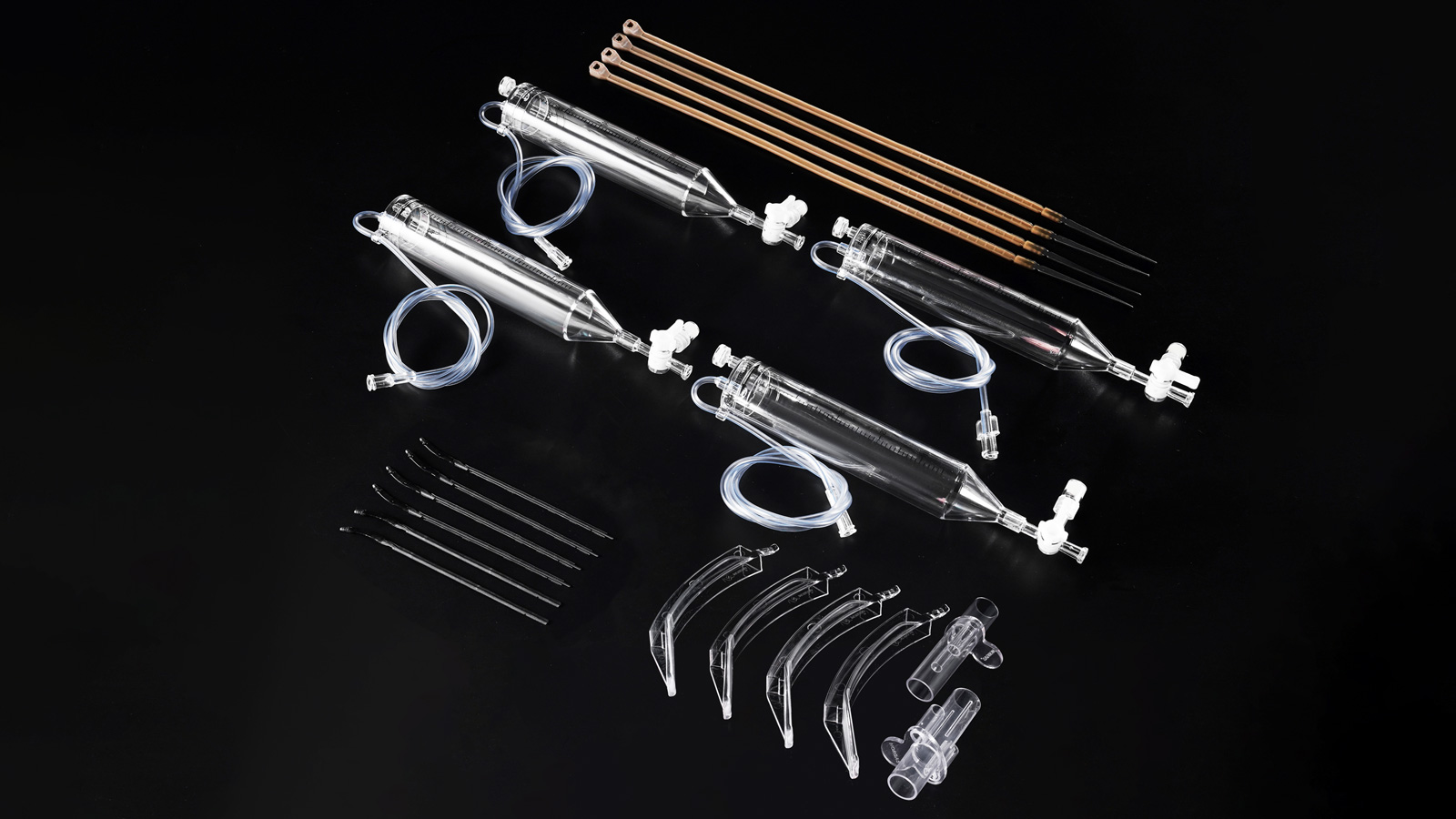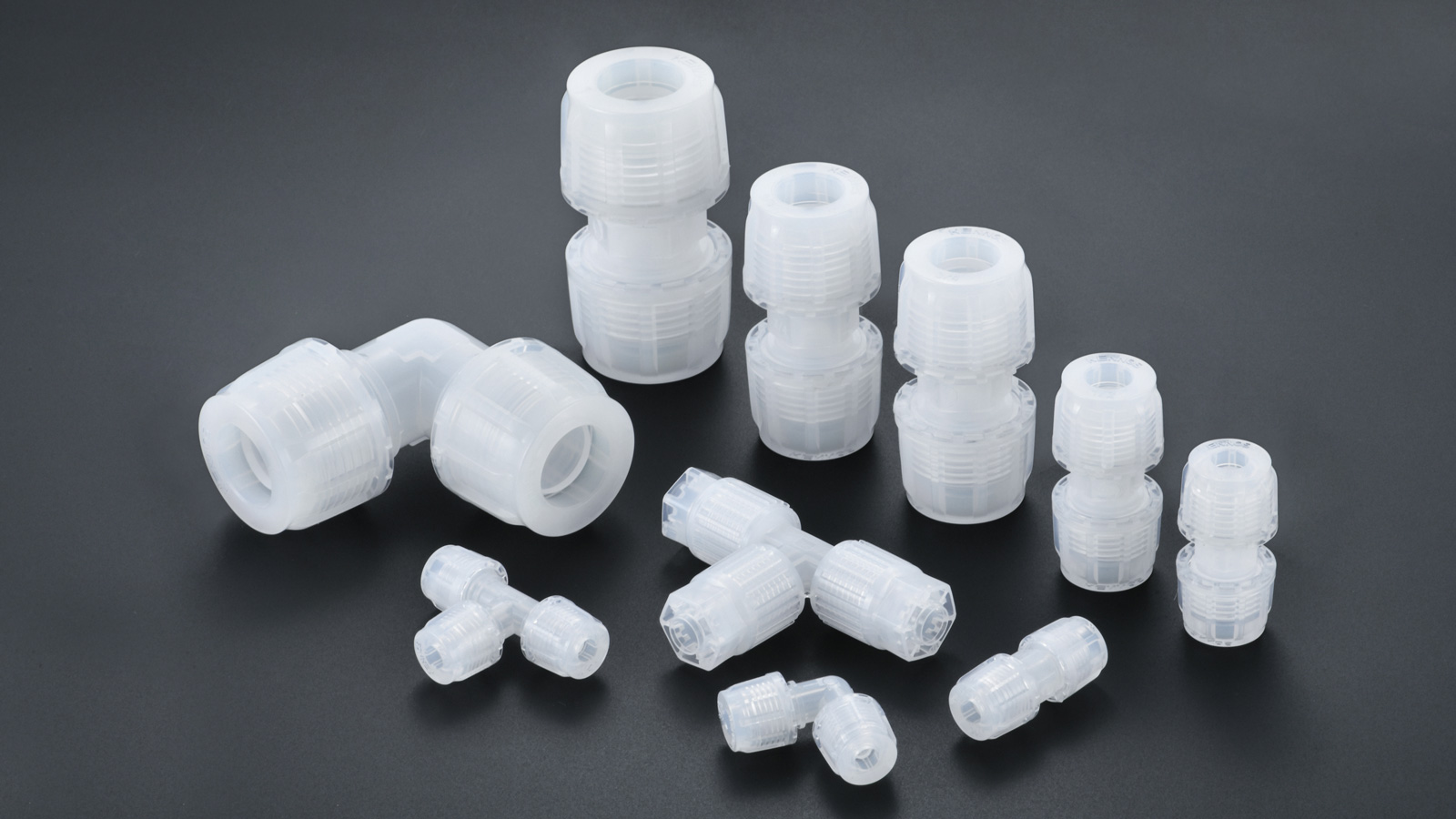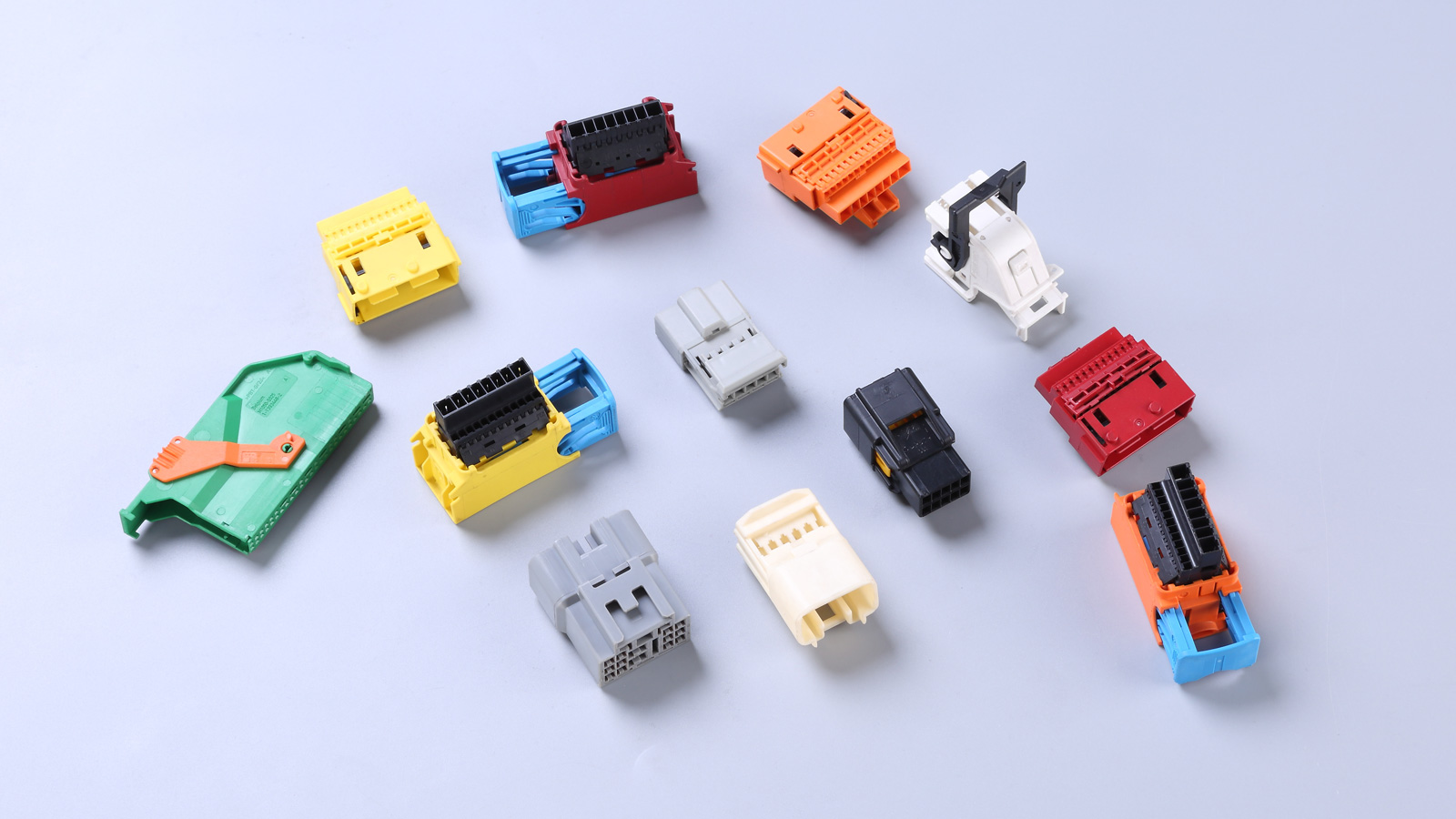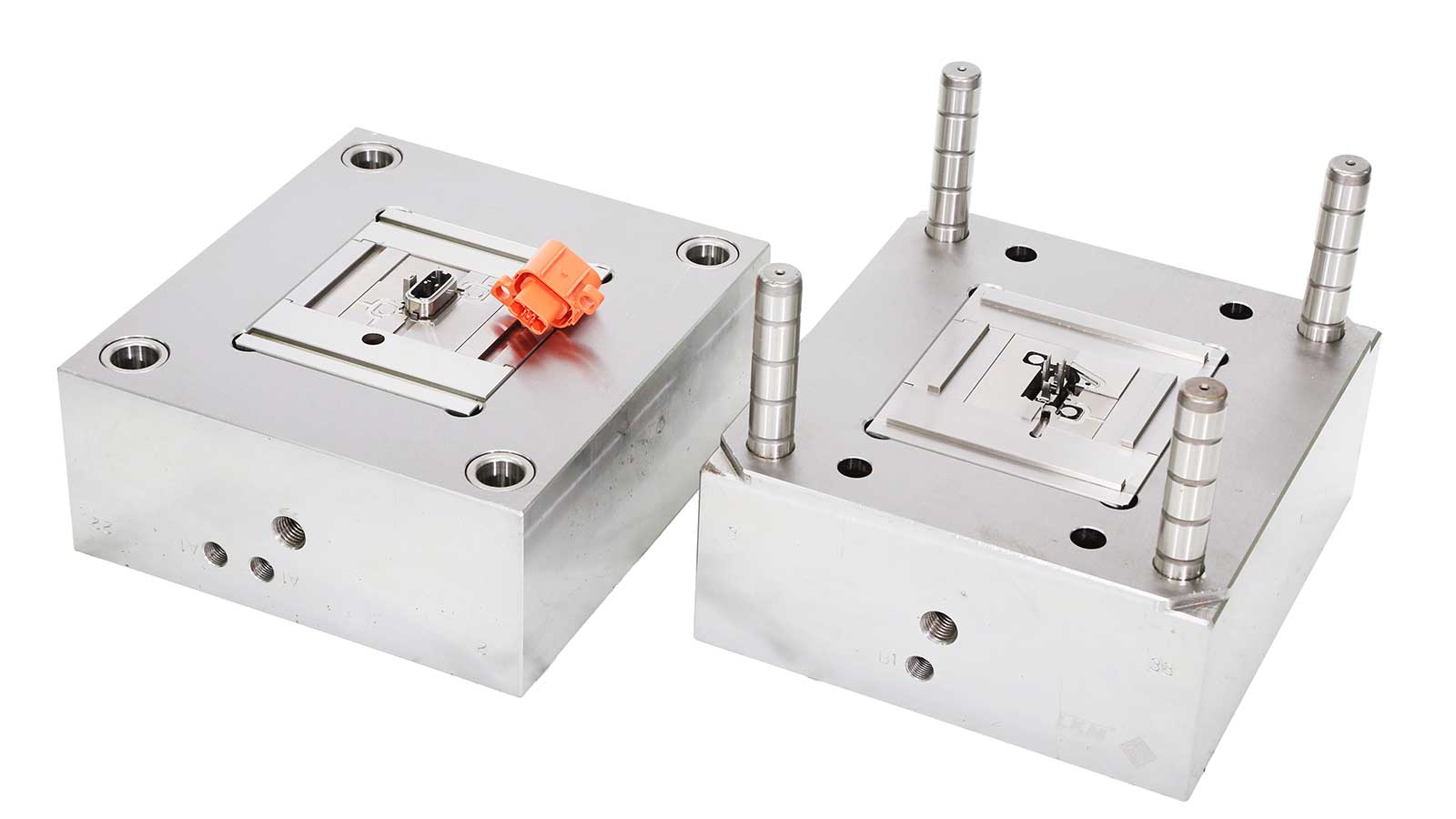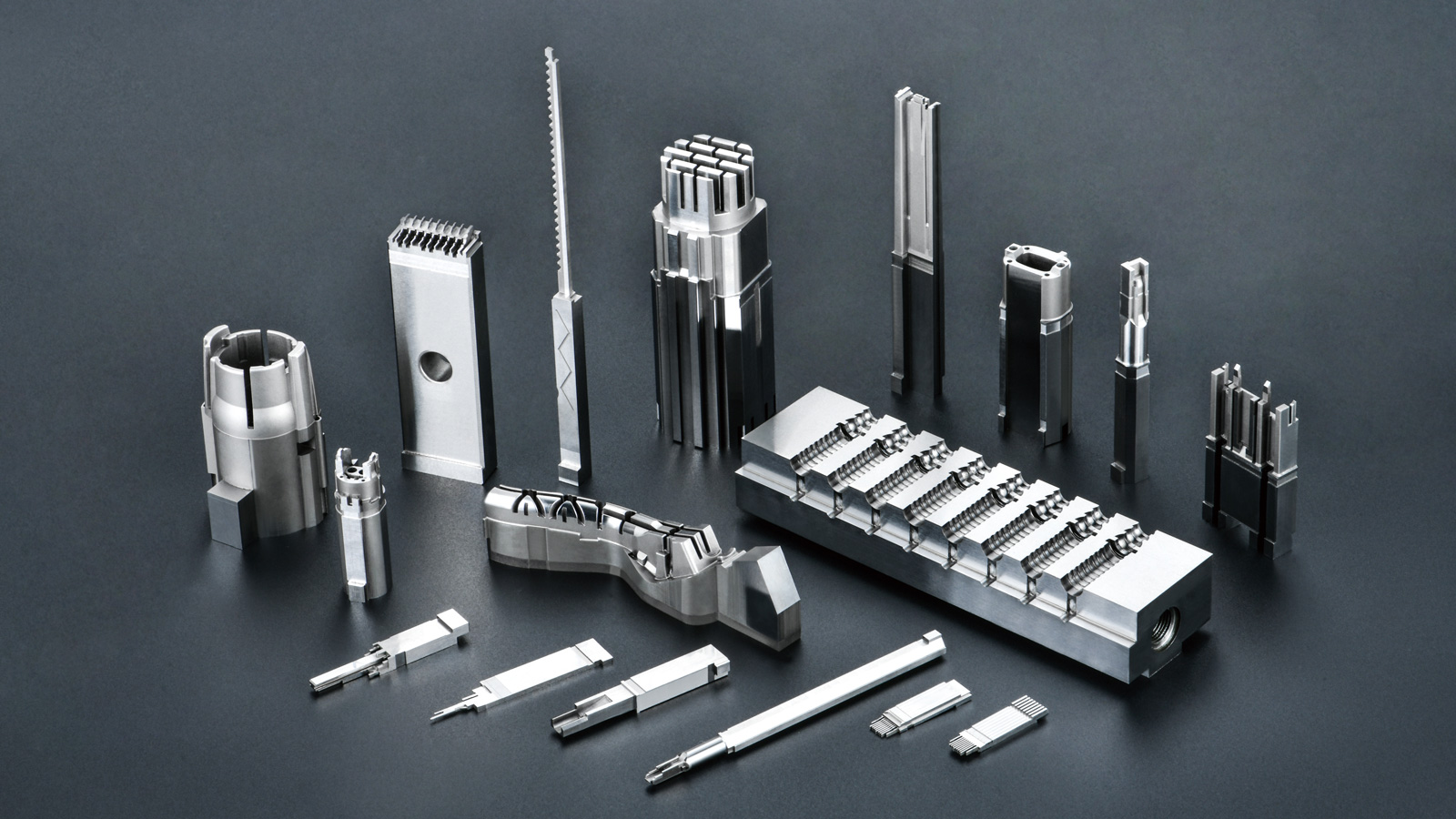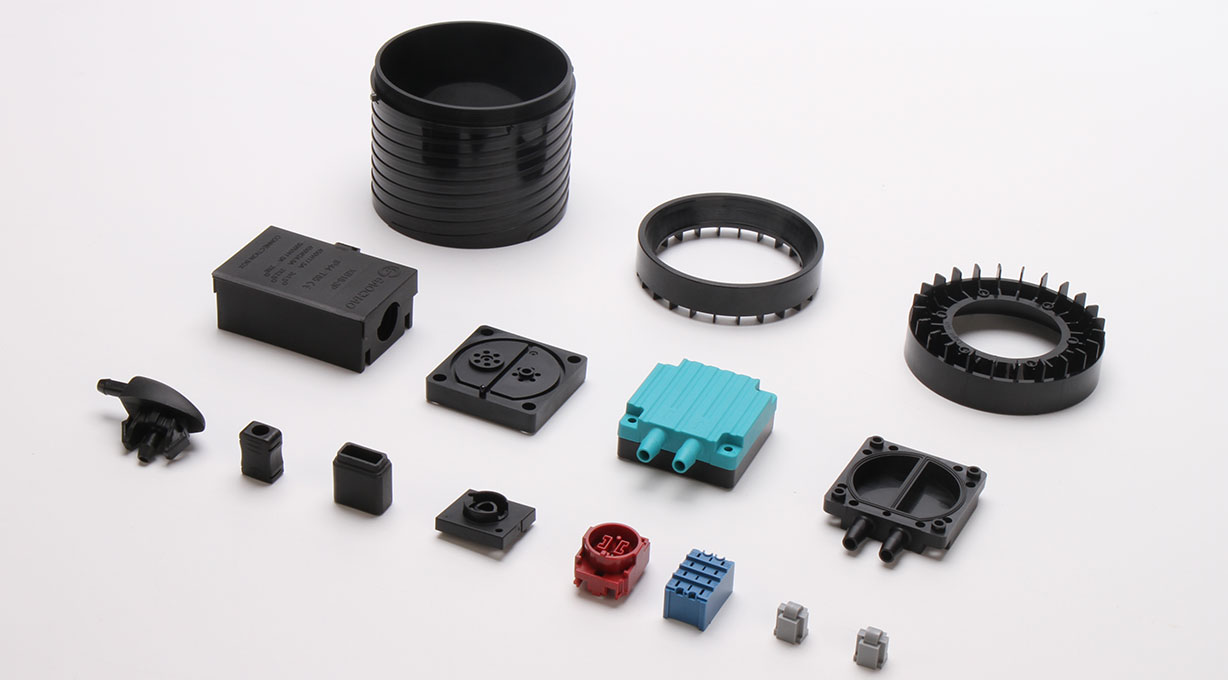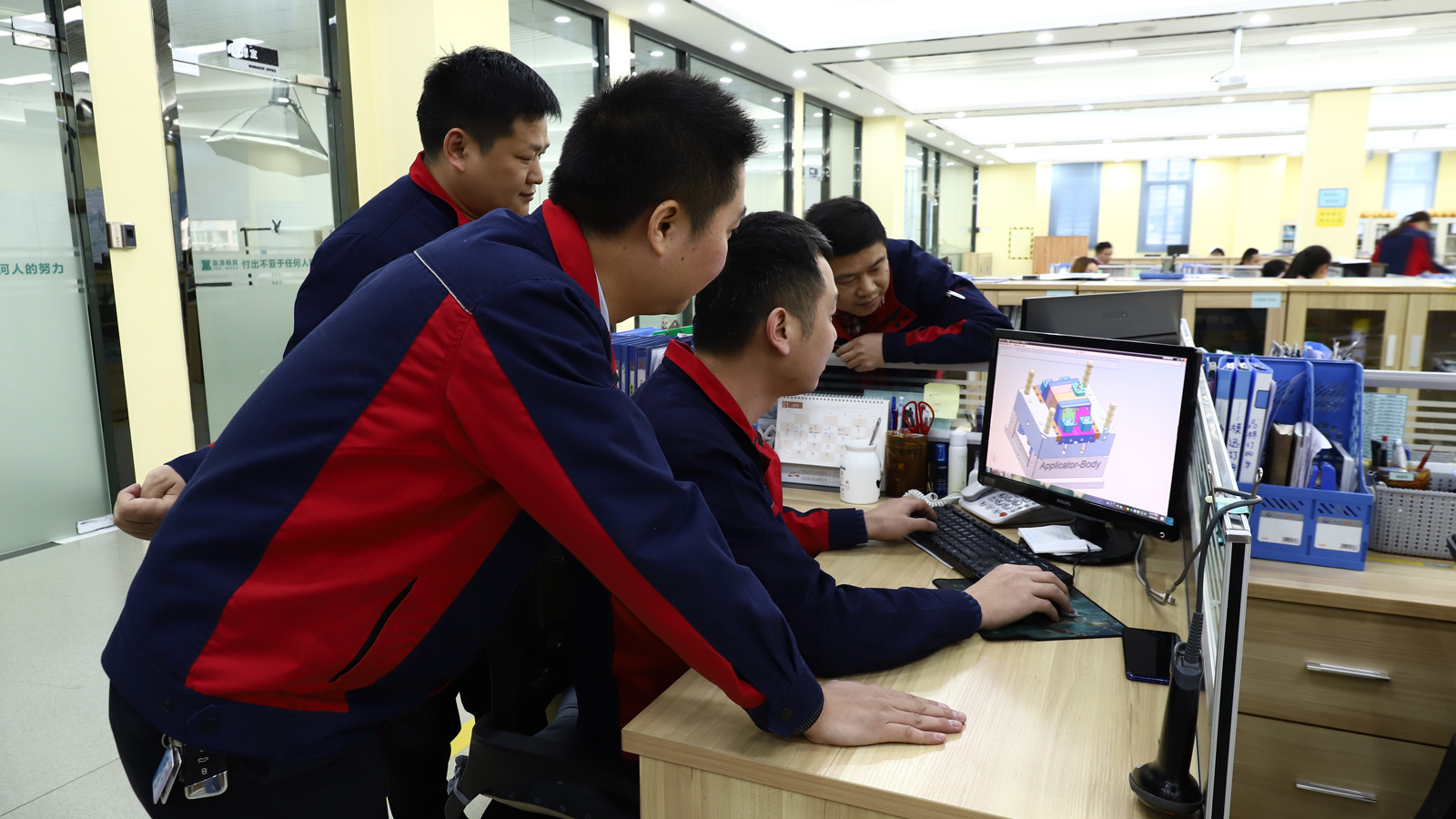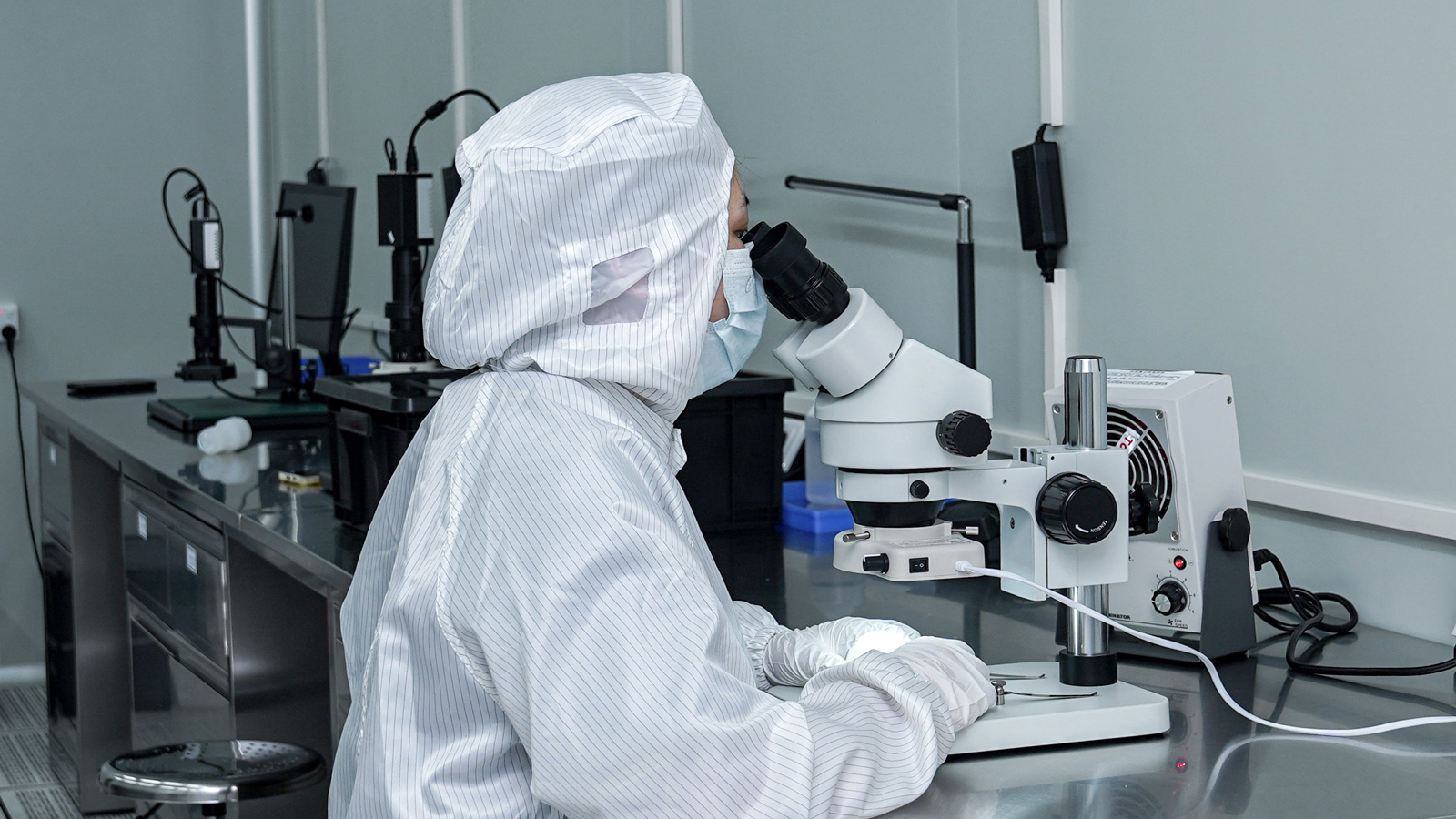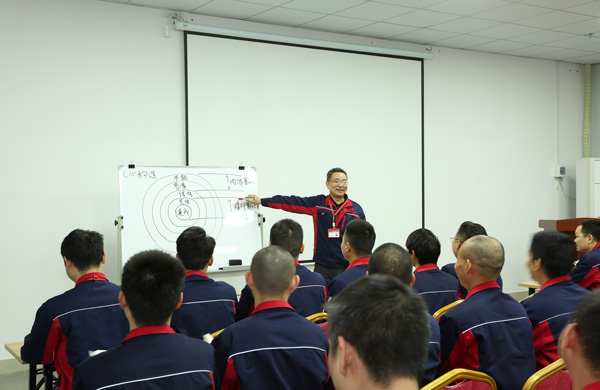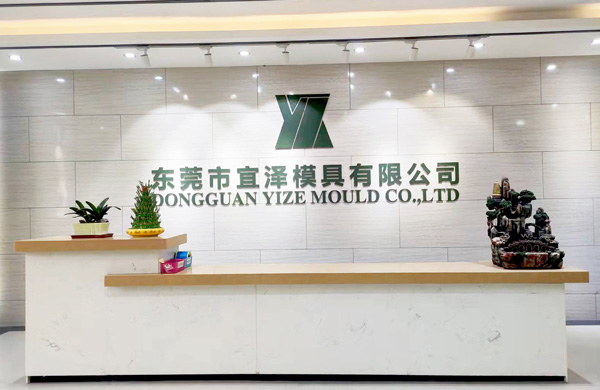The core of injection molding lies in the refined control of the entire process. Every link from raw material pretreatment to post-processing must follow scientific parameter models and industry standards. Through the in-depth application of SPC process monitoring, DOE parameter optimization and intelligent system (MES), product consistency can be systematically improved, production costs can be reduced, and the stringent requirements of high-end manufacturing for precision plastic parts can be met.
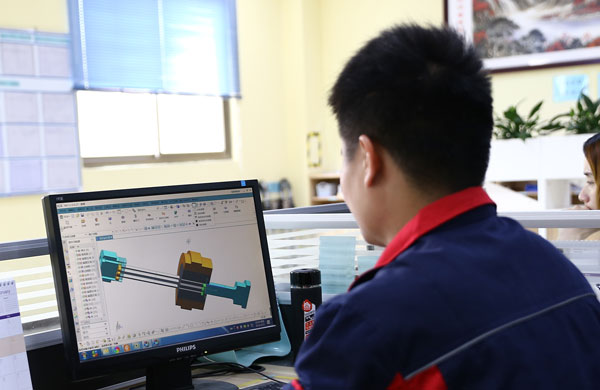
Injection molding is the core process of plastic processing. Its whole process covers three stages: pre-molding preparation, injection molding, and post-processing. High-quality production needs to be achieved through precise control of process parameters. The following is a summary of the key points:
1. Core elements of the process
Pre-molding preparation
Raw material pretreatment: perform material inspection (moisture content, melt index, ash content), twin-screw compounding (masterbatch/additive ratio), gradient drying (PC 120℃×4h, PET 150℃×6h) and three-stage barrel cleaning (same color cleaning → cleaning agent → physical cleaning)
Mold system: hot runner temperature difference ≤3℃, three-zone mold temperature compensation ±1.5℃, ejector mechanism stroke (wall thickness×1.2) and robot coordinated timing (0.5s grab after demolding)
Injection molding
Plasticization control: back pressure increases in three stages (20-80bar), melt temperature difference ±3℃ (non-crystalline) or ±5℃ (semi-crystalline)
Injection process: five-stage speed control (20% gate breakthrough → 80% filling → 60% weld line optimization → 40% exhaust →10% shrinkage compensation), V/P switching threshold (material yield strength × 0.7)
Pressure holding and cooling: two-stage pressure holding (70%→40% injection pressure), cooling time is calculated according to the thermal diffusion coefficient formula
Post-treatment
Stress relief: PC annealing 125℃ (3-5min/mm), PA humidity treatment (80-100℃ hot water, 4min/mm)
Dimensional stability: 48h constant temperature and humidity (23℃/50%RH), aging treatment (PBT/PET natural aging 30 days)
Surface modification: plasma treatment (Ar 100-200W, O₂ 50-150W), anti-static resistance graded control
II. Quality control and optimization
Process control
SPC standard: melt temperature CPK≥1.67, injection pressure CPK≥1.33, cooling time CPK≥1.50
DOE optimization: Taguchi method focuses on optimizing melt-mold temperature interaction, pressure compensation model and cooling crystallization association
Industry compatibility
Meet stringent standards such as IATF 16949 (automotive) and ISO 13485 (medical)
Realize matrix association between process parameters and product characteristics (strength, size, appearance) through QFD quality house
III. Production efficiency improvement
Equipment collaboration: hot runner system energy consumption reduced by 15%, robot pick-up cycle shortened by 20%
Data traceability: MES system integrates process parameters, quality inspection and equipment status data flow
Efficiency target: OEE (overall equipment efficiency) ≥85%, defective rate ≤0.3%
Yize Mould Co., Ltd. was founded on January 1, 2007. It has 130 employees, 180 processing equipment and more than 50 testing equipment. It is located in Chang’an Town, Dongguan, China, which is known as the “China Mould Town”. Since the establishment of the company, Yize has always been focusing on technology orientation, integrating the R&D, design, production and manufacturing of precision molds, and gradually realizes the leap from “precision parts” manufacturing to “precision manufacturing overall solutions”. We have R&D, design, production and manufacturing technologies based on “precision connector molds, medical mold dust-free injection molding, Teflon injection molding, engineering grade thermoplastics injection molding, and precision tungsten carbide parts processing”. Trusted by customers at home and abroad, it has become an important partner of large international purchasing groups in the fields of automobiles, electronic appliances, aerospace, medical technology, tooling, machinery and equipment manufacturing.
